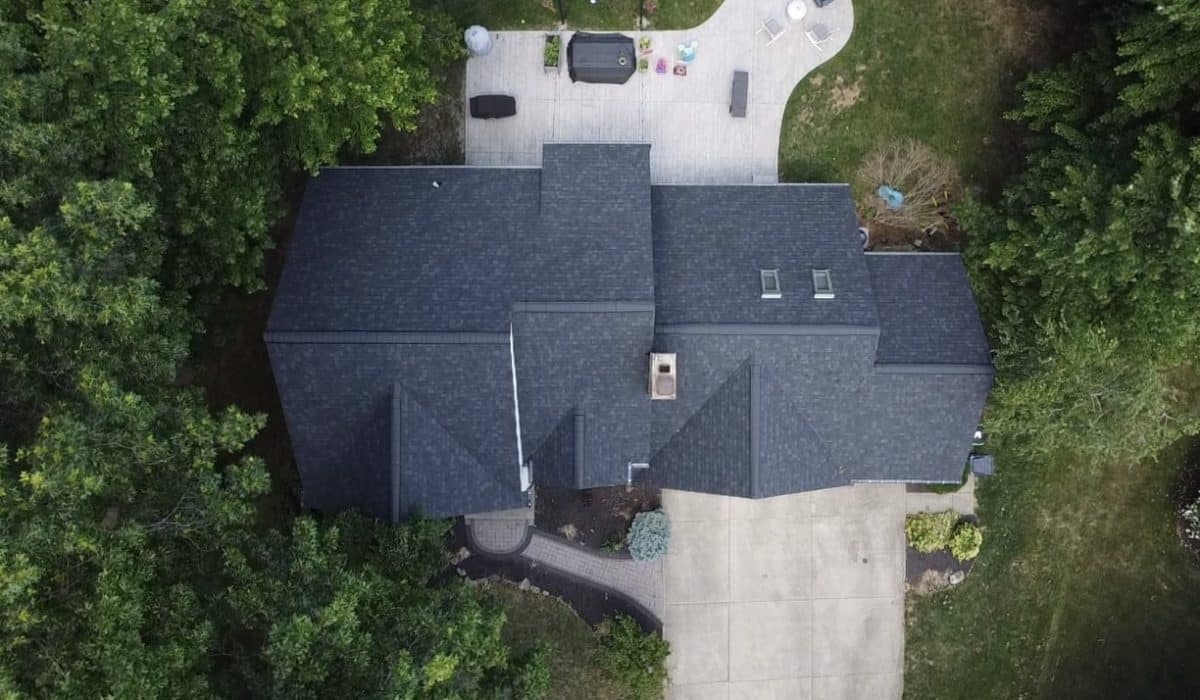- 0 Comment
Choosing the Right Roofing Contractor: What to Look For
Selecting the right roofing contractor is a crucial decision that can significantly impact the success of your roofing project. Whether you need a roof repair, replacement, or a new installation, finding a reliable and skilled contractor is essential to ensure quality workmanship and a smooth process. In this blog post, we’ll guide you through the key factors to consider when choosing a roofing contractor.
1. Verify Licensing and Insurance
One of the first steps in selecting a roofing contractor is to verify that they are licensed and insured. A legitimate roofing contractor should have the necessary licenses required by your state or local government. Licensing ensures that the contractor has met specific industry standards and is qualified to perform roofing work.
Insurance is equally important. Ensure the contractor has both liability insurance and workers’ compensation insurance. Liability insurance protects you from damage that may occur to your property during the project, while workers’ compensation insurance covers any injuries sustained by the contractor’s employees on your property.
2. Check Experience and Reputation
Experience matters in the roofing industry. Look for a contractor with a proven track record and several years of experience in roofing. An experienced contractor is more likely to handle unexpected challenges effectively and deliver high-quality results.
Reputation is also a key indicator of reliability. Check online reviews, testimonials, and ratings on platforms like Google, Yelp, and the Better Business Bureau. Additionally, ask for references from past clients to get firsthand feedback on their experiences with the contractor.
3. Evaluate the Contractor’s Portfolio
Review the contractor’s portfolio of completed projects to assess their workmanship and style. A reputable contractor should have a gallery of previous jobs that showcase their skills and the types of roofs they have worked on. This can give you an idea of their expertise and whether their work aligns with your preferences.
4. Ask About Warranties
A reliable roofing contractor should offer warranties on both materials and labor. Manufacturer warranties cover the roofing materials used, while workmanship warranties cover the installation process. Ensure that the contractor provides clear and detailed information about the warranties, including their duration and what they cover. This can give you peace of mind knowing that your investment is protected.
5. Obtain Multiple Quotes
It’s essential to get multiple quotes from different roofing contractors to compare prices and services. Be wary of significantly low quotes, as they may indicate subpar materials or workmanship. On the other hand, the highest quote does not always guarantee the best quality. Evaluate the details of each quote, including the scope of work, materials, timeline, and any additional costs.
6. Assess Communication and Professionalism
Effective communication is crucial for a successful roofing project. Pay attention to how responsive and transparent the contractor is during the initial consultation. A professional contractor should be willing to answer your questions, explain the process, and provide detailed estimates.
Professionalism also extends to the contractor’s behavior and appearance. A contractor who shows up on time, is respectful, and maintains a clean worksite demonstrates their commitment to quality and customer satisfaction.
7. Confirm Local Knowledge
A contractor with local knowledge and experience is familiar with the building codes, regulations, and weather conditions specific to your area. This ensures that your roofing project complies with local standards and can withstand the local climate. Local contractors are also more accessible if you need follow-up services or maintenance in the future.
8. Review Contract Details
Before signing any contract, carefully review all the details to ensure you understand the terms and conditions. The contract should include:
•A detailed description of the work to be performed
•The types of materials to be used
•The project timeline and completion date
•Payment terms and schedule
•Warranty information
•Provisions for any changes or additional work
Ensure that everything is documented in writing to avoid misunderstandings and protect your interests.
Conclusion
Choosing the right roofing contractor is essential for the success of your roofing project. By verifying licensing and insurance, checking experience and reputation, evaluating portfolios, asking about warranties, obtaining multiple quotes, assessing communication and professionalism, confirming local knowledge, and reviewing contract details, you can make an informed decision and ensure a smooth and satisfactory roofing experience. Take the time to research and select a contractor who meets these criteria to achieve the best results for your roofing needs.

